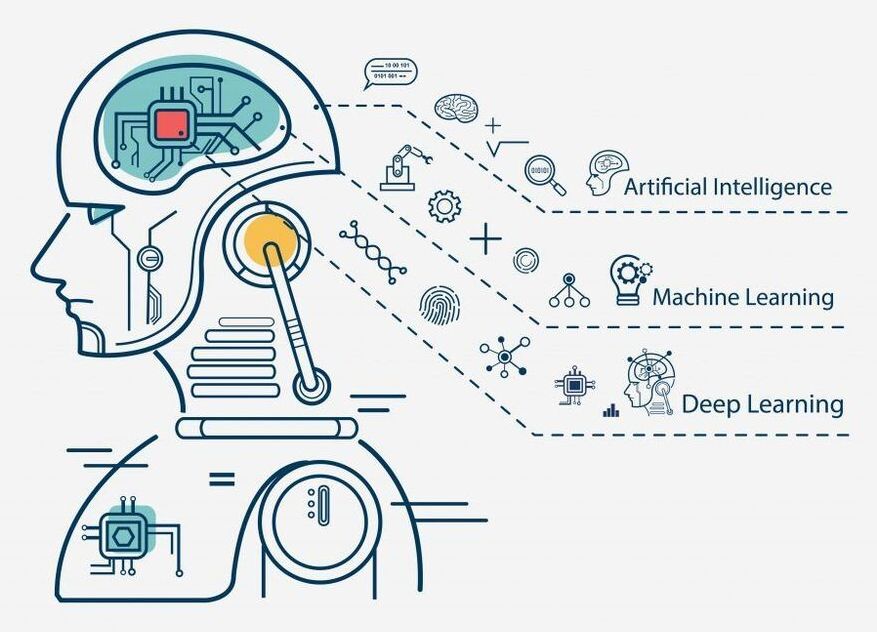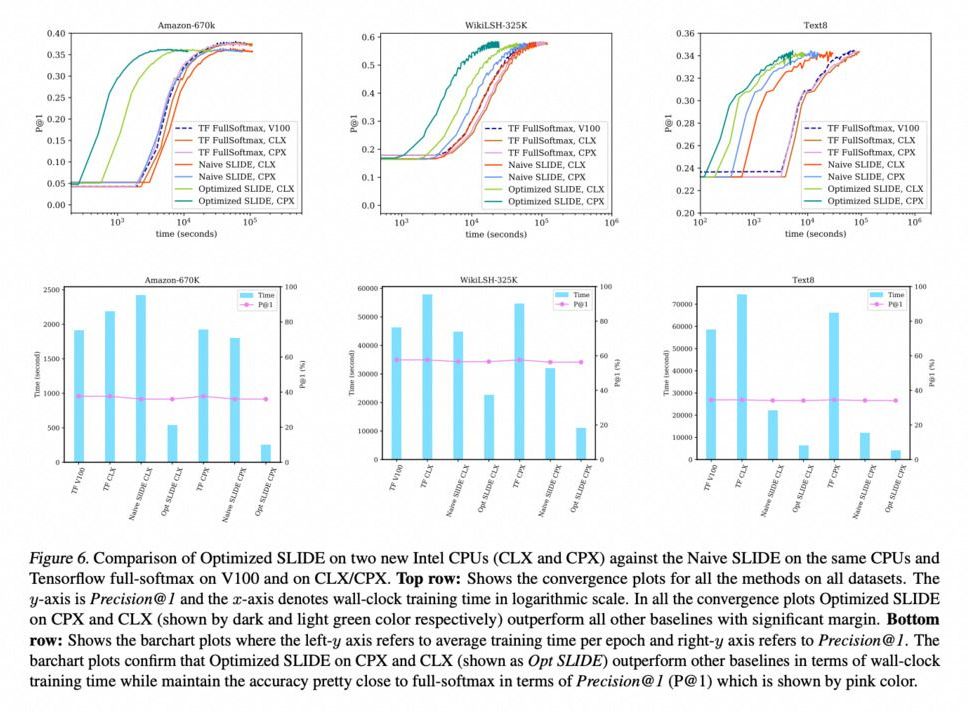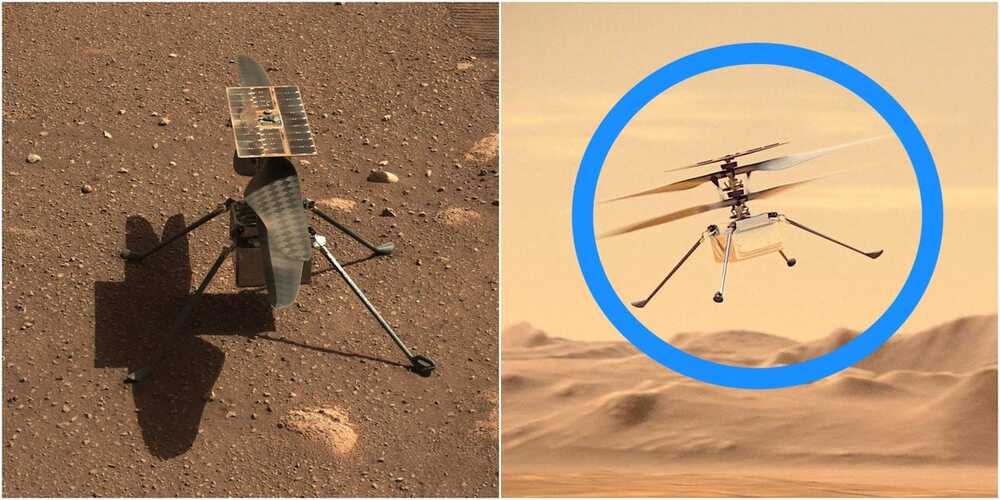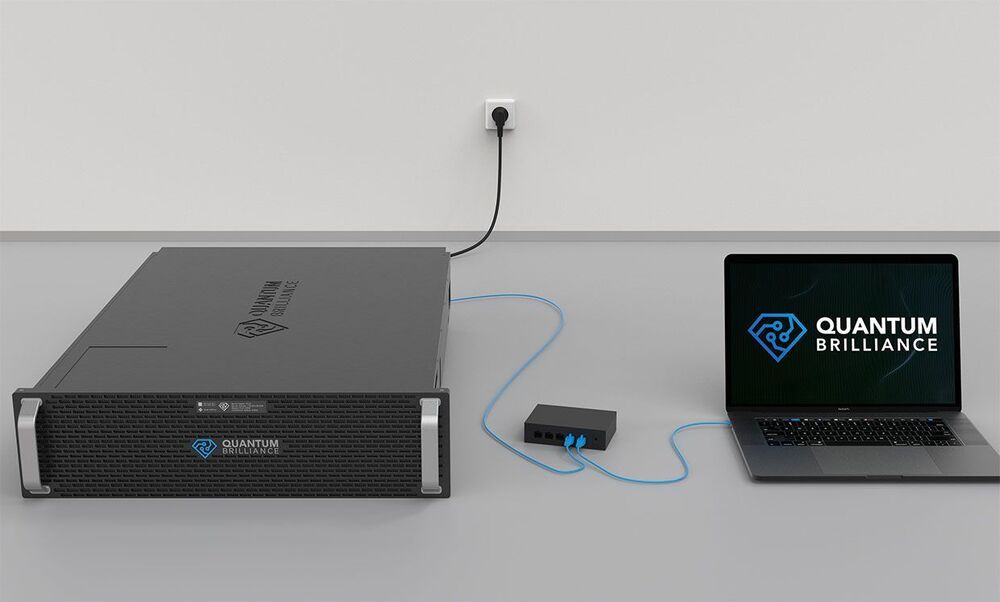Moore’s Law is dead, right? Think again.
Although the historical annual improvement of about 40% in central processing unit performance is slowing, the combination of CPUs packaged with alternative processors is improving at a rate of more than 100% per annum. These unprecedented and massive improvements in processing power combined with data and artificial intelligence will completely change the way we think about designing hardware, writing software and applying technology to businesses.
Every industry will be disrupted. You hear that all the time. Well, it’s absolutely true and we’re going to explain why and what it all means.









